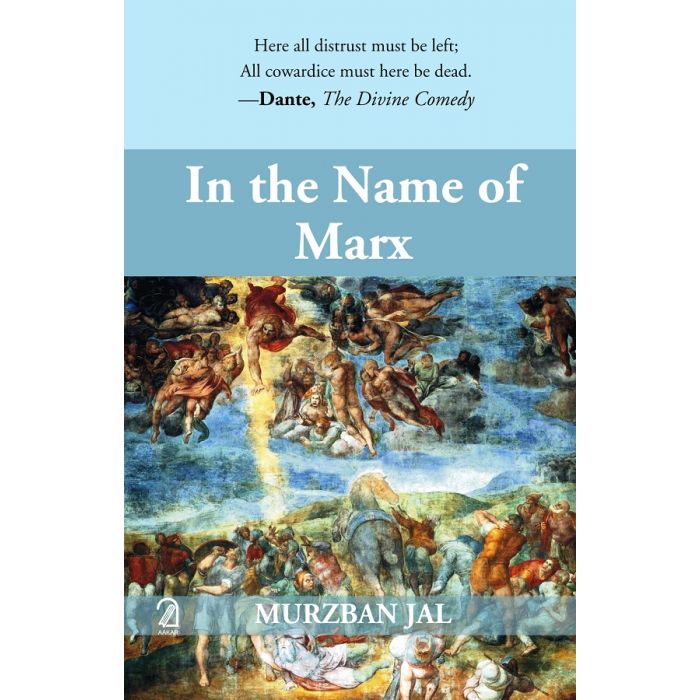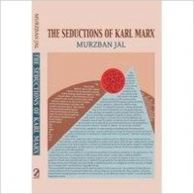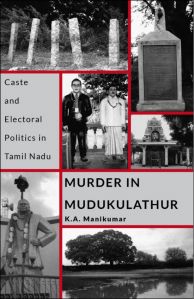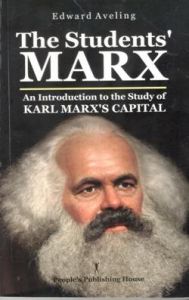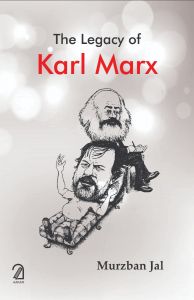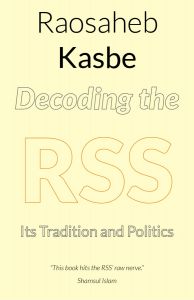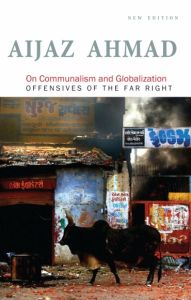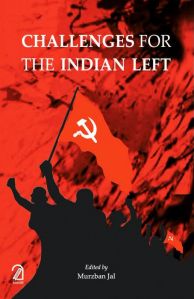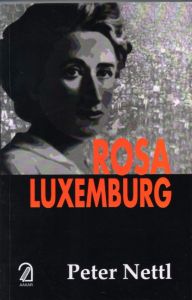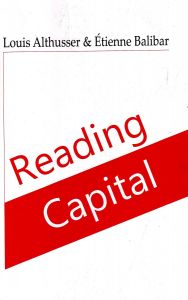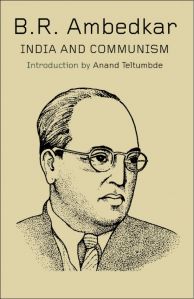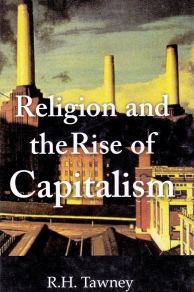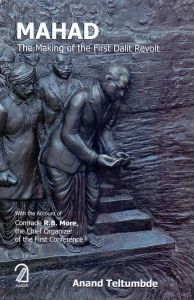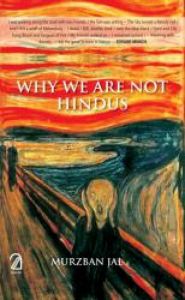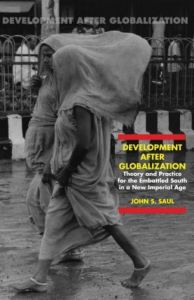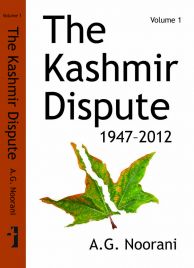In the Name of Marx
Jal is a Marxologist who brings in Marx's original ideas of the Asiatic Mode of Production and Multi-linear historicism in the new understanding of Marxism. He is critical of the idea of 'Indian feudalism' that was theorized and popularized by R.S. Sharma and taken over by almost all shades of Indian Marxists. Jal is an advocate of 'direct socialism' that bypasses capitalism and all its terrible vicissitudes. Combined with this Marxist method, Jal also brings in Marx's idea of alienation in contemporary society where he combines Marx's theory of the reification of humanity with Freud's theory of neurosis and psychosis. He claims that the era of late capitalism which he calls 'late imperialism in permanent crisis' integrates neurosis and psychosis as 'neurosis-psychosis', a mental disorder that has invaded both civil society and the political state. He is critical of the Political Left that ignores Marx's theories of alienation, reification and fetishism.

